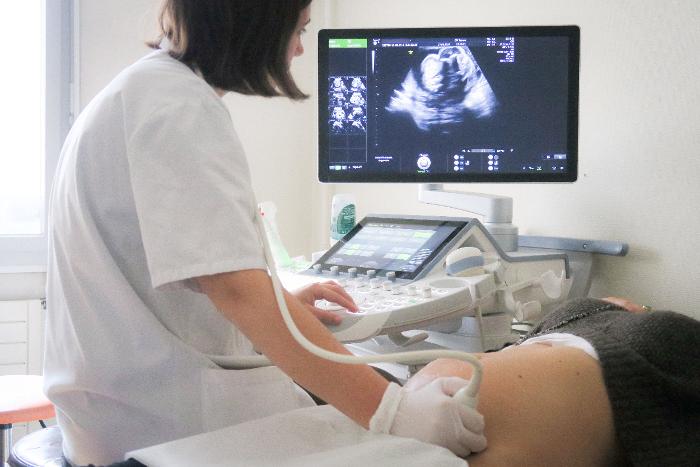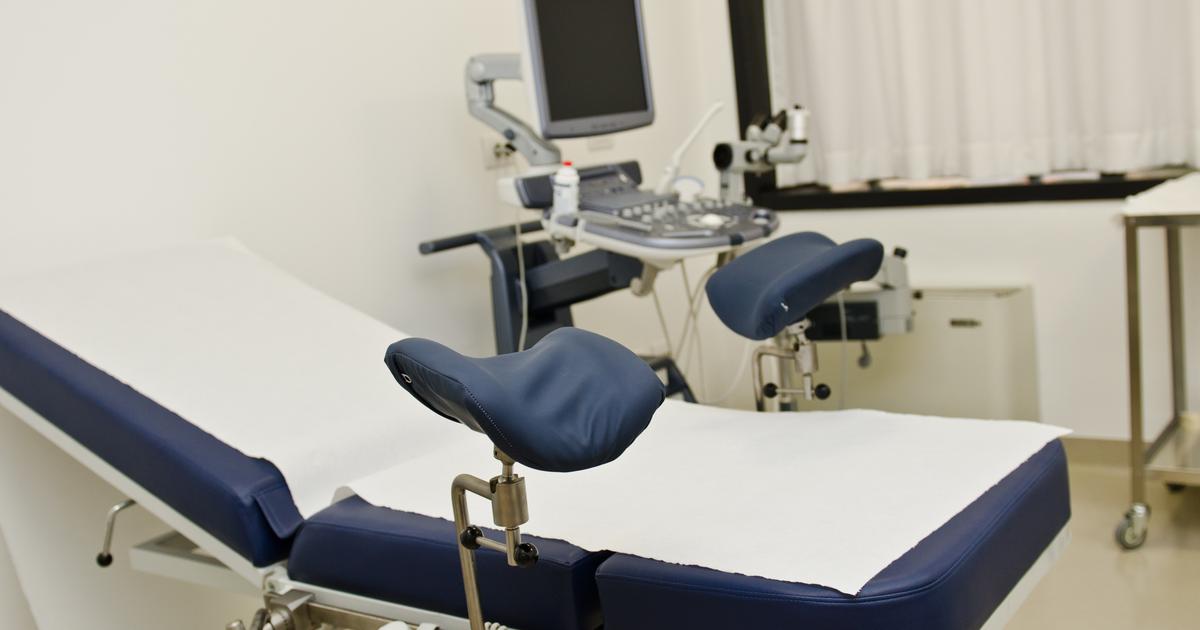“Personal grief and misconceptions - for example, the belief that miscarriage can be caused by lifting heavy objects, or that there is no effective treatment - can lead women and their partners to to feel at fault or to fend for themselves ”, reproaches the prestigious medical journal The Lancet, in the editorial which accompanies this report, composed of no less than three articles. “For too long, having a miscarriage has been played down and often not taken seriously […]. It's no longer time to just tell women
try again
”.
In recent months, model Chrissy Teigen and Prince Harry's wife Meghan Markle have revealed that they have miscarried. Statements intended to break taboos, and yet received with circumspection, as if they were criticized for opening a window that was too intimate. Added to this was the story of Lara Lugli, an Italian volleyball player fired from her club for having wanted to carry out her pregnancy, before everything stopped a few weeks later.
A miscarriage is medically the fact of losing your intrauterine pregnancy before the fetal viability stage, around 20 to 28 weeks of amenorrhea depending on the country.
And the first of the taboos is statistical: "Only a few countries, like Denmark, report an annual rate of miscarriages, which makes international comparisons difficult", note the authors of the report, but the United Kingdom, for example, no longer count them since 2013.
15% of total pregnancies
Nine large cohort studies involving a total of over 4.6 million pregnancies, conducted in Europe and North America, formed the basis of the report published by The Lancet. Comparing the risk to the number of births, it turns out that 23 million miscarriages occur worldwide each year, or about 15% of total pregnancies. This represents approximately "44 pregnancies lost every minute". 10.8% of women have had a miscarriage. Recurrent miscarriages are much less frequent: 1.9% of women have had two and 0.7% have had three.
The authors recommend that women who have had a miscarriage benefit from a minimum follow-up, including psychological support for the couple. So far only one country, New Zealand, has implemented leave for women who have suffered a miscarriage, and that was last month. As well as advice before subsequent pregnancies. Because certain factors are associated with an increased risk: chromosomal abnormalities in the fetus, the age of the mother and, to a lesser extent, that of the father (especially above 40 years), a history of miscarriage, a very low or very high body mass index, alcohol, tobacco - "1% increase in the relative risk per cigarette smoked per day" - states the study, very high caffeine consumption, stress,night work or exposure to pesticides during pregnancy. Also, the risk is higher in black women. Scattered studies have also shown the increased risk of taking certain antibiotics early in pregnancy.
“Although a miscarriage usually only happens once, a significant portion of the population will need treatment and support.
Despite this, the silence around miscarriages persists not only among the women who experience them, but also among caregivers, policy makers and research funding organizations, ”laments one of the study's editors, Siobhan. Quenby, professor of obstetrics at the English University of Warwick.
In addition to the often unexplained reasons couples have for miscarriages, the consequences are also important.
Because according to the study, the recurrence of spontaneous abortions can evoke long-term health problems, such as cardiovascular disease and venous phlebitis.









/cloudfront-eu-central-1.images.arcpublishing.com/prisa/YYFLACLTQBGVXLURCA34LLTDVU.jpg)